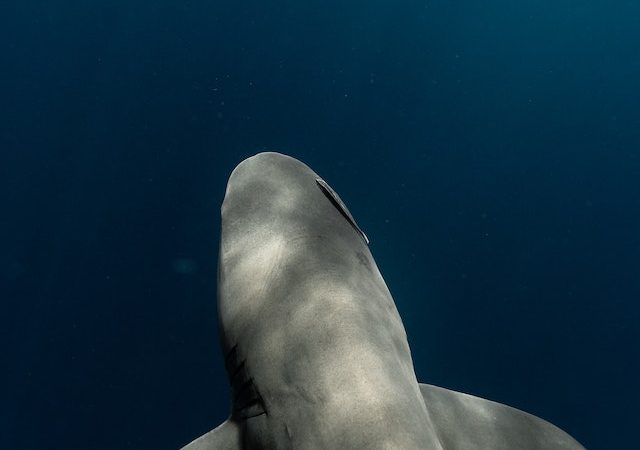Introduction Sharks, the magnificent rulers of the seas, have been a source of fascination and awe for centuries. However, the very qualities that make them the apex predators of our oceans have also made them vulnerable to overfishing and habitat degradation. In this in-depth exploration, we will dive into the world of shark conservation efforts
Introduction
Sharks, the magnificent rulers of the seas, have been a source of fascination and awe for centuries. However, the very qualities that make them the apex predators of our oceans have also made them vulnerable to overfishing and habitat degradation. In this in-depth exploration, we will dive into the world of shark conservation efforts and uncover why preserving these majestic creatures is not just a matter of ecological balance but a necessity for the health of our planet.
The Need for Conservation
A Precarious Predicament
Shark populations worldwide are facing significant threats. Overfishing for their fins, meat, and other products has led to a sharp decline in many shark species. Habitat degradation, climate change, and bycatch in fisheries further exacerbate their challenges.
Keystone Species
Sharks are often considered keystone species, meaning their presence or absence has a disproportionate impact on the ecosystem. They regulate the populations of their prey, maintain the balance of marine food chains, and help protect crucial habitats like coral reefs and seagrass beds.
Shark Conservation Efforts
Marine Protected Areas
Establishing marine protected areas (MPAs) is a crucial step in shark conservation. These areas provide safe havens where sharks can thrive without the threat of fishing. MPAs also benefit other marine species and help preserve the overall health of oceans.
Sustainable Fishing Practices
Promoting sustainable fishing practices is essential to protect sharks. This includes regulations on shark fishing, reducing bycatch, and enforcing catch limits. Sustainable practices aim to balance the needs of fisheries with the long-term survival of shark populations.
International Agreements
International agreements like the Convention on International Trade in Endangered Species of Wild Fauna and Flora (CITES) play a vital role in regulating the trade of shark products. These agreements help prevent the illegal trade of shark fins and other body parts.
The Ripple Effect
Biodiversity Preservation
Preserving shark populations contributes to the overall health and biodiversity of marine ecosystems. Healthy shark populations help maintain balanced prey species, preventing overgrazing of vital habitats like seagrass and kelp forests.
Economic Value
Shark-related tourism generates substantial revenue in many coastal regions. Diving and snorkeling enthusiasts are drawn to destinations where they can encounter sharks in their natural habitat. This tourism supports local economies and underscores the economic value of shark conservation.
Scientific Discoveries
Sharks have unique biological features, such as their remarkable wound-healing abilities. Scientific research on sharks can lead to medical breakthroughs, including better wound-healing techniques and potential cancer therapies.
Our Responsibility
Raising Awareness
Raising awareness about the importance of shark conservation is essential. Education and outreach programs help dispel myths and misconceptions about sharks, fostering a deeper appreciation for these magnificent creatures.
Ethical Choices
Consumers can make a significant impact by making ethical choices. Avoiding products made from shark fins and supporting sustainably sourced seafood helps reduce the demand for shark products.
Political Advocacy
Advocating for stronger conservation policies and stricter regulations on shark fishing is crucial. Engaging with policymakers and supporting organizations dedicated to shark conservation amplifies our collective voice for change.
Conclusion
Shark conservation is not just an ecological necessity; it’s a responsibility we all share as stewards of our planet. Preserving these majestic creatures goes beyond protecting an individual species; it’s about safeguarding the health and balance of our oceans and the myriad of life they support.
As we explore the world of shark conservation efforts, may we recognize that our actions matter. From supporting marine protected areas to making ethical choices as consumers, each step we take contributes to the survival of these magnificent creatures. Shark conservation is not just a matter of ecological balance; it’s a matter of preserving the wonders of our oceans for generations to come.

















Leave a Comment
Your email address will not be published. Required fields are marked with *